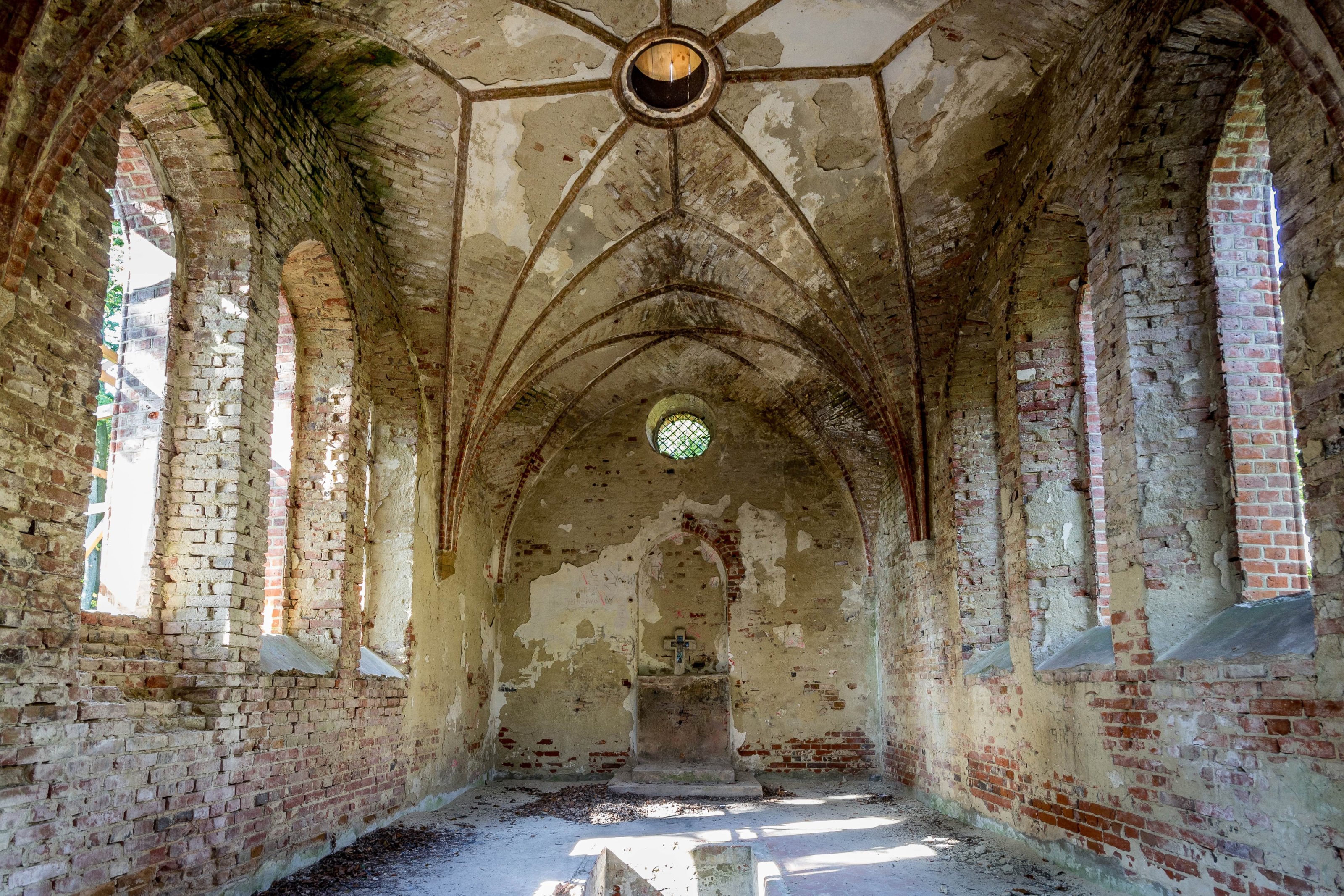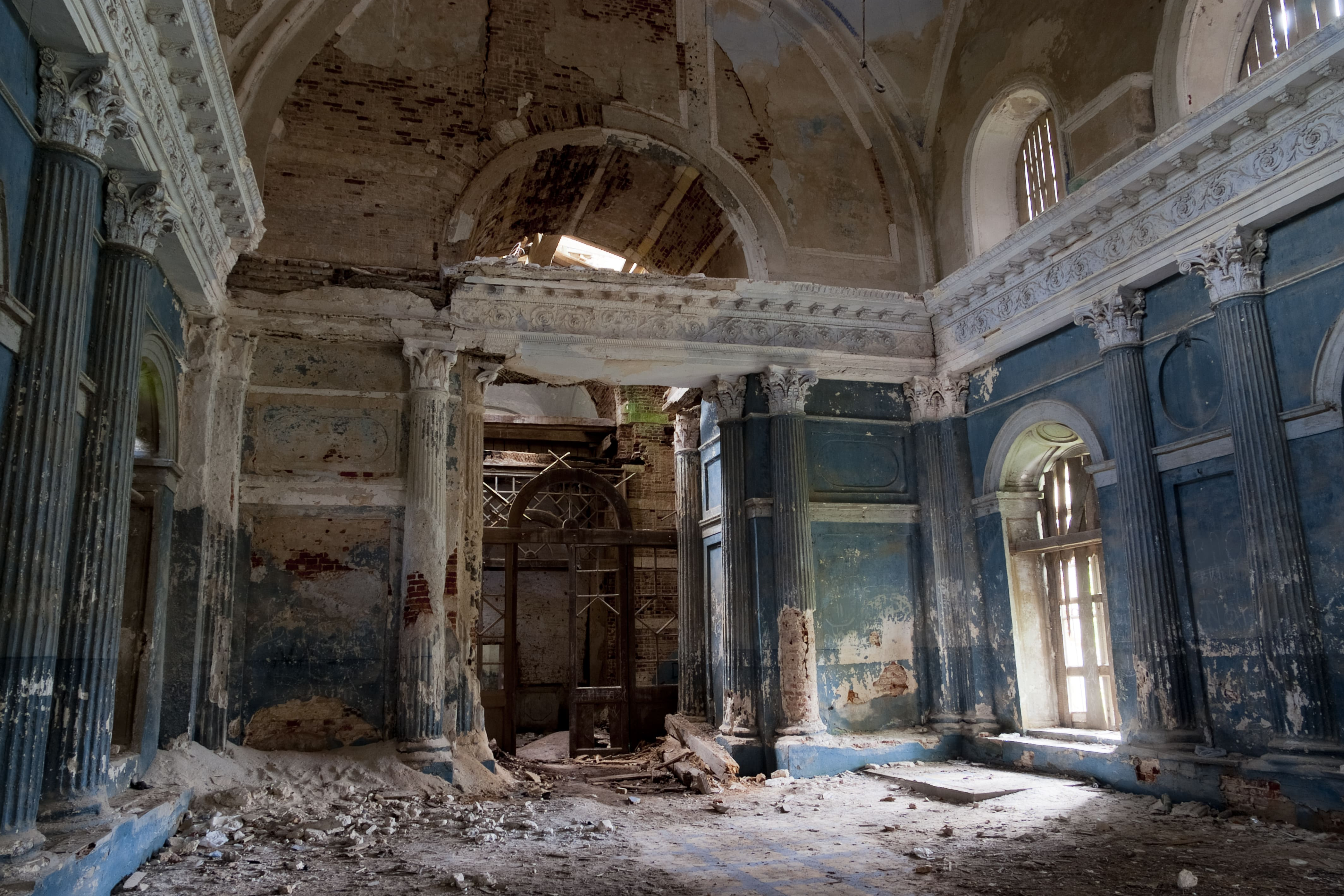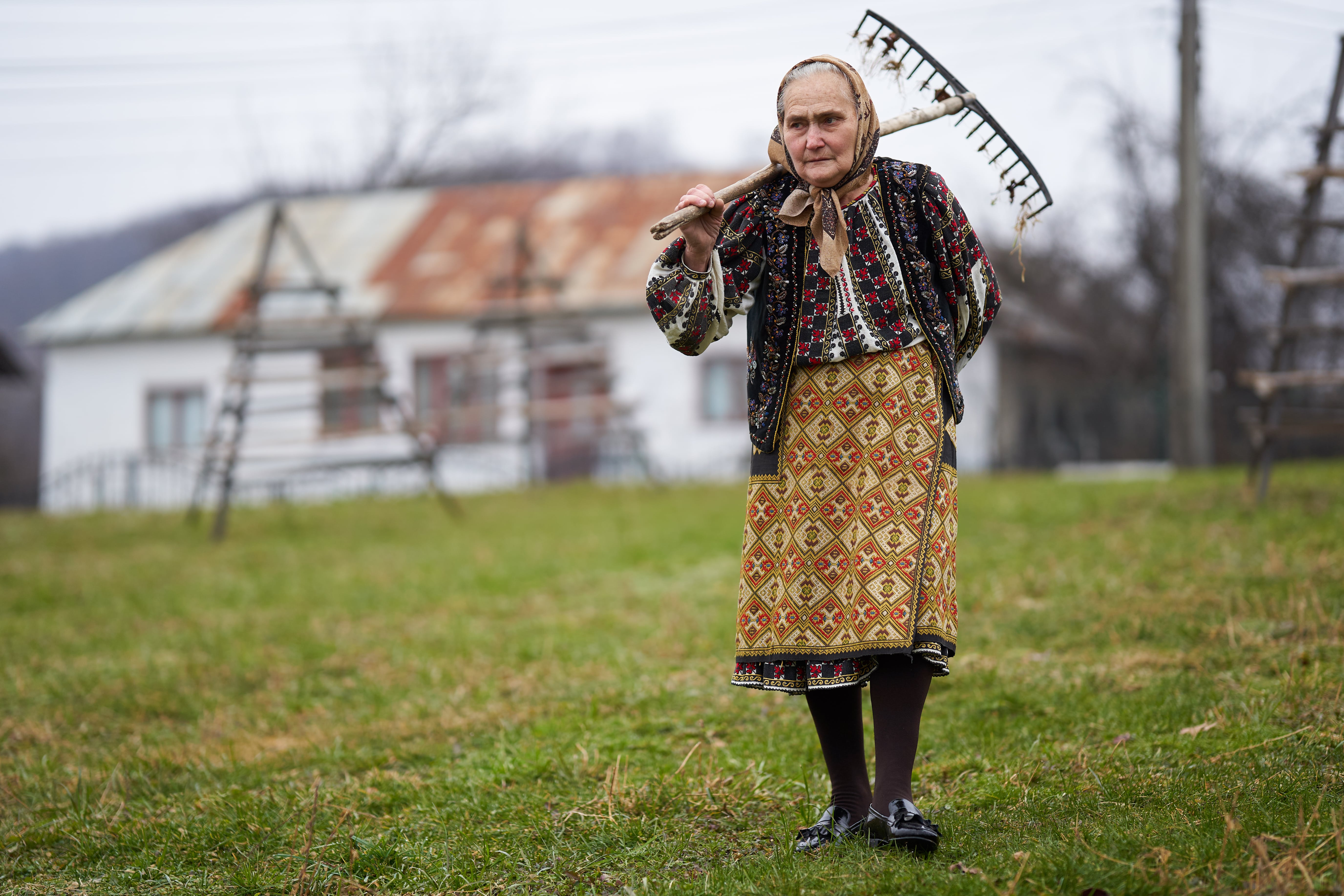Unfortunately, Europe began abandoning its faith after the devastation of WWII, which catapulted the continent into a post-Christian worldview. The terror inflicted by leaders like Hitler and Stalin led many to question, "Where is God in all of this?" This caused a cultural shift towards secularism and paganism. The spread of communism and the rise of fascist movements in countries like Spain, Austria, Germany, and Italy further eroded faith. Fascism distorted Christianity into a cultic form, while communism fostered atheism, leading to widespread disillusionment.
Churches are no longer places of worship, as attendance and adherence have steeply declined since WWII. During the war, churches were often repurposed for strategizing and mobilizing rather than worship. Even after the war, many Europeans walked away from their faith amidst the Soviet Union's expansion and ongoing political turmoil. This shift was significant, as many missionaries had historically been sent from former Soviet Union nations.
The ancient roots of Christianity in Europe are being replaced with secularism. Regions where the Apostle Paul planted churches over 2,000 years ago are now only nominally religious. Italians may identify as Catholic and Macedonians as Orthodox, but the depth of their faith in Jesus Christ is often shallow.
Statistics reveal that less than 2% of Europeans are Evangelical believers. For example, the percentages are 0.1% in Slovenia, 0.7% in the Czech Republic, 1% in France, 0.6% in Albania, and 0.7% in Serbia. While many identify as Catholic or Orthodox, detailed investigations show that this faith is often more a cultural tradition than a deeply held belief.
Global Fellowship has missionaries serving in the least-reached European countries. We frequently hear that these places, though rich in history and beauty, are spiritually asleep. Our mission is to reignite the flame of faith in Europe, bringing the Gospel back to its ancient roots and reviving the true spirit of Christianity in the continent.






Europe
Europe, with its deep-rooted Christian history shaped by figures such as Martin Luther, John Calvin, and C.S. Lewis, now stands at a pivotal juncture. Once the epicenter of missionary work and theological thought, many of its churches have transitioned into mere historical landmarks or museums. This transformation underscores a broader shift towards a post-Christian society, especially in the aftermath of World War II, which saw a questioning of faith amidst the rise of totalitarian regimes and the spread of secular ideologies.
In this changing landscape, where traditional faith has been challenged by disillusionment and secularism, the need for a spiritual renaissance is clear. Evangelical believers constitute less than 2% of the population in regions once vibrant with Christian activity, suggesting a profound need for revival.
Global Fellowship is at the forefront of addressing this need, with a focused commitment to Europe's least-reached countries. Our presence spans Slovenia, the Czech Republic, Serbia, Portugal, Spain, Albania, and Croatia, where we are not only spreading the Gospel but also nurturing communities with a revitalized Christian faith.
Our efforts are aimed at rekindling Europe's Christian legacy, transforming it from a memory into a living, breathing reality. By fostering a contemporary reawakening of faith against a backdrop of rich historical and cultural significance, we strive to ignite a resurgence of the Gospel's transformative power. The challenge is significant, but the potential for spiritual renewal and revival across Europe inspires our continued dedication and outreach.




